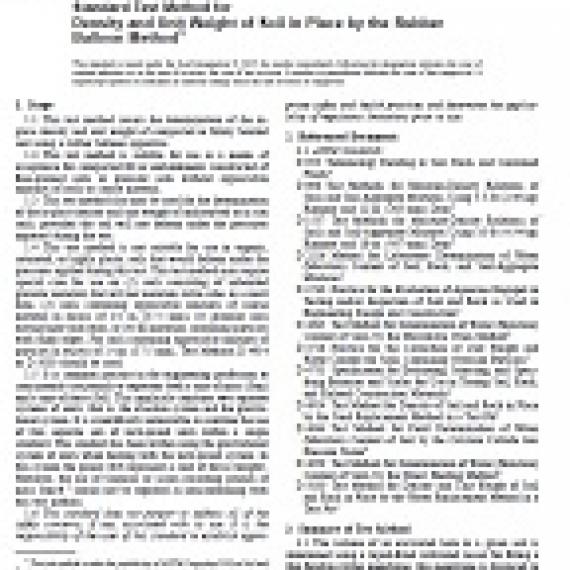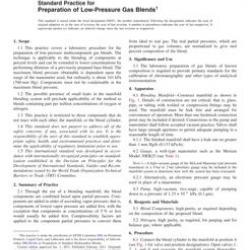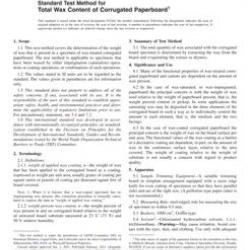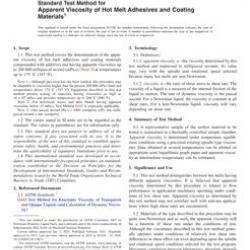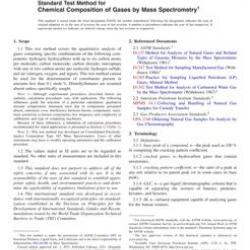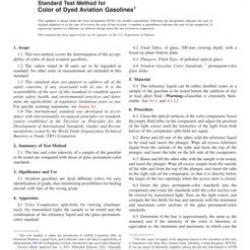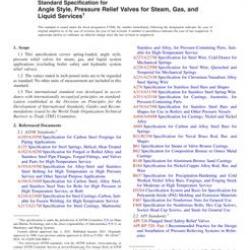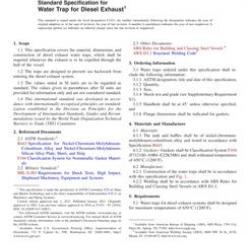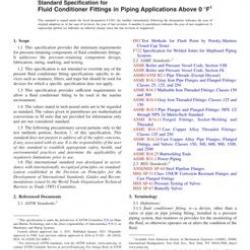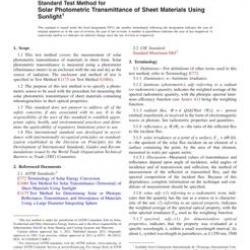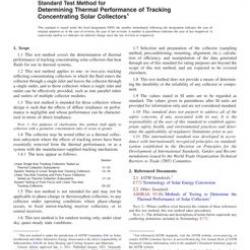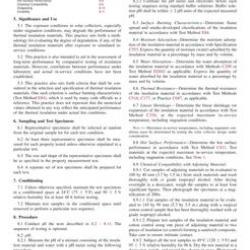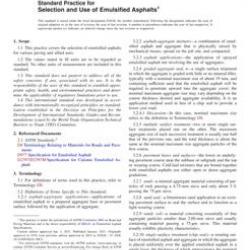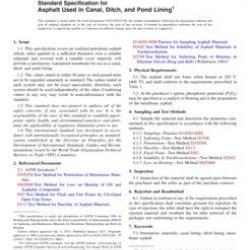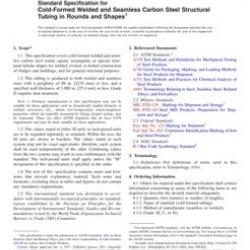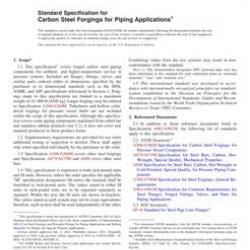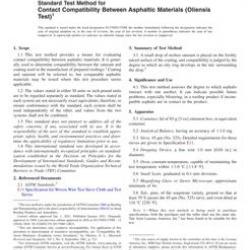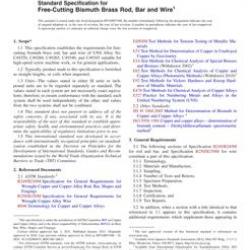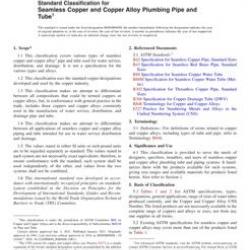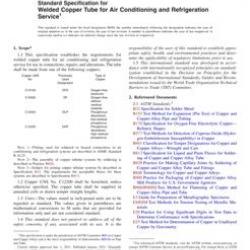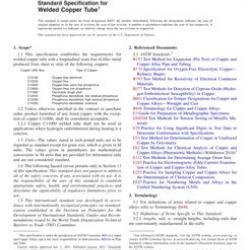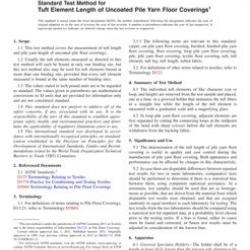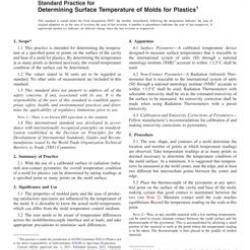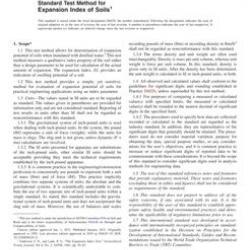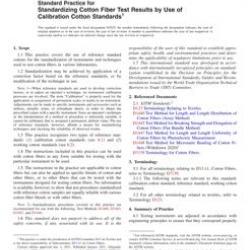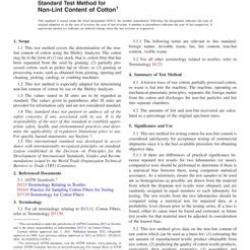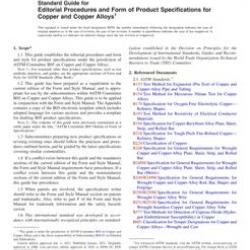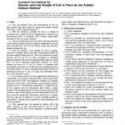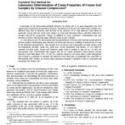No products
ASTM D2167-94(2001)
ASTM D2167-94(2001) Standard Test Method for Density and Unit Weight of Soil in Place by the Rubber Balloon Method
standard by ASTM International, 03/15/1994
Full Description
1.1 This test method covers the determination of the in-place density and unit weight of compacted or firmly bonded soil using a rubber balloon apparatus.
1.2 This test method is suitable for use as a means of acceptance for compacted fill or embankments constructed of fine-grained soils or granular soils without appreciable amounts of rock or coarse material.
1.3 This test method also may be used for the determination of the in-place density and unit weight of undisturbed or in situ soils, provided the soil will not deform under the pressures imposed during the test.
1.4 This test method is not suitable for use in organic, saturated, or highly plastic soils that would deform under the pressures applied during this test. This test method may require special care for use on (1) soils consisting of unbonded granular materials that will not maintain stable sides in a small hole, (2) soils containing appreciable amounts of coarse material in excess of 1 1/2 in. (37.5 mm), (3) granular soils having high void ratios, or (4) fill materials containing particles with sharp edges. For soils containing appreciable amounts of particles in excess of 1 1/2in. (37.5 mm), Test Methods D 4914 or D 5030 should be used.
1.5 It is common practice in the engineering profession to concurrently use pounds to represent both a unit of mass (lbm) and a unit of force (lbf). This implicitly combines two separate systems of units; that is, the absolute system and the gravitational system. It is scientifically undesirable to combine the use of two separate sets of inch-pound units within a single standard. This standard has been written using the gravitational system of units when dealing with the inch-pound system. In this system the pound (lbf) represents a unit of force (weight). However, the use of balances or scales recording pounds of mass lbm/ft should not be regarded as nonconforming with this test method.
1.6 This standard does not purport to address all of the safety concerns, if any, associated with its use. It is the responsibility of the user of this standard to establish appropriate safety and health practices and determine the applicability of regulatory limitations prior to use.

